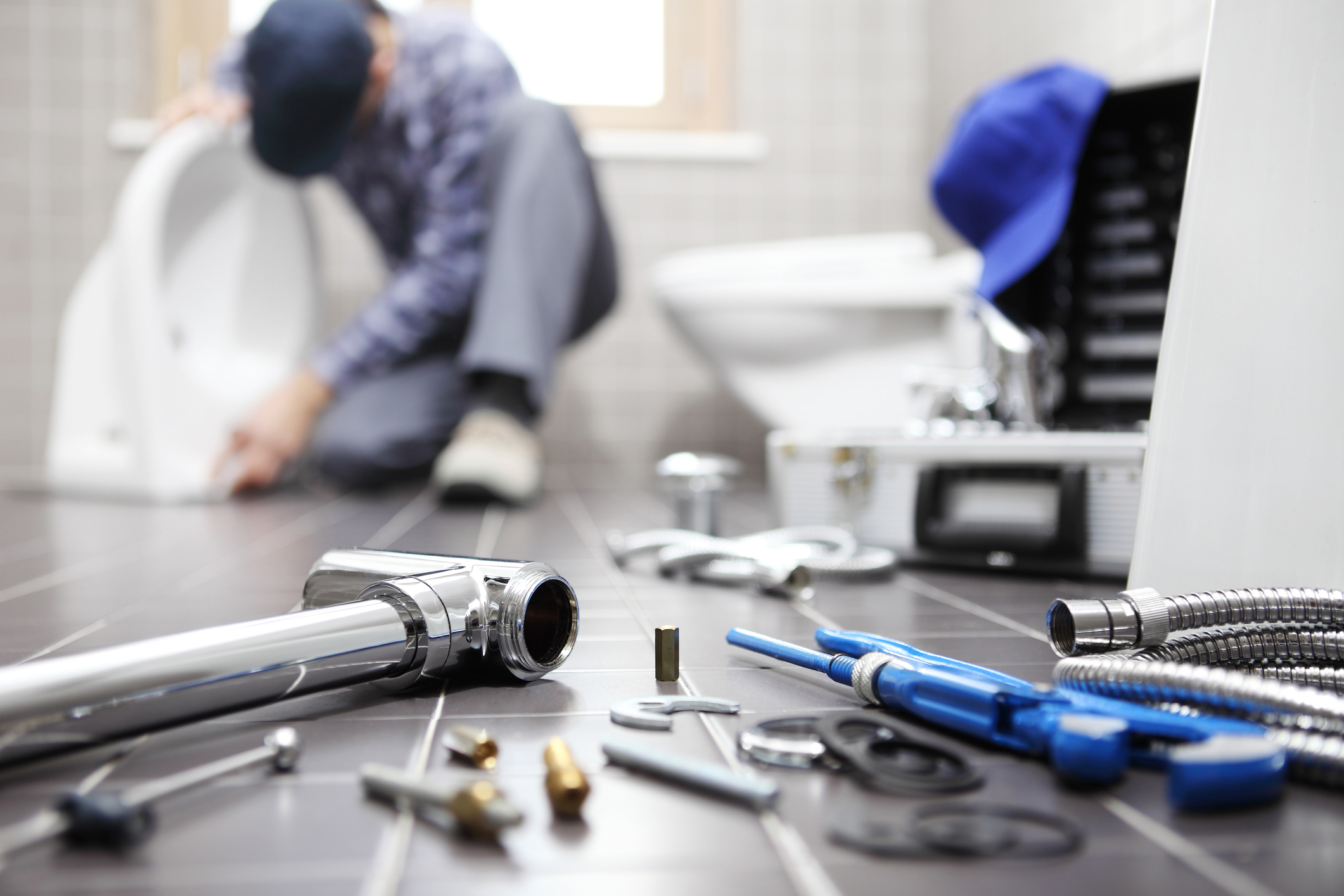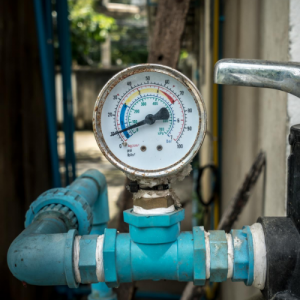Efficient Tips for Tackling Low Water Pressure in Your Home
Efficient Tips for Tackling Low Water Pressure in Your Home
Blog Article
Right here on the next paragraphs you will find some brilliant content relating to Low Water Pressure in the House?.

Low water pressure in your house can be an irritating problem, impacting everything from bathing to cleaning meals. If you're experiencing weak water flow, there are numerous feasible causes and options to discover. In this overview, we'll go over common factors for low water stress and practical actions to deal with the issue efficiently.
Introduction to Low Tide Pressure
Low water stress happens when the circulation of water from your faucets, showers, and other fixtures is weak than typical. This can make everyday tasks more difficult and much less reliable. Recognizing the reasons for low water stress is critical to discovering the appropriate remedy.
Common Sources Of Low Water Stress
Faulty Stress Regulatory Authorities
Stress regulatory authorities are accountable for maintaining consistent water stress in your home. If they malfunction, it can cause low tide pressure or unequal circulation throughout your home.
Local Supply Of Water Issues
Often, the issue exists outside your home. Local supply of water concerns, such as main line leaks or maintenance work, can momentarily decrease water pressure in your area.
Pipe Obstructions
With time, pipelines can become blocked with natural resource, debris, or particles, limiting the flow of water. This is a typical problem in older homes with galvanized steel pipelines.
Corrosion
Deterioration within pipelines can cause leaks and minimized water pressure. Corrosion buildup can constrict water circulation, specifically in maturing plumbing systems.
How to Detect Low Water Stress
Inspecting Pipelines
Check noticeable pipes for indications of leaks, corrosion, or obstructions. Pay attention to any type of uncommon noises, such as knocking or rattling pipelines, which could show problems within the plumbing system.
Consulting with a Plumber
If you're unable to identify the reason for low tide stress, consider employing a professional plumber to conduct a detailed evaluation. They can recognize underlying concerns and advise proper options.
Inspecting Taps and Components
Start by checking the water pressure at different taps and fixtures throughout your home. If the concern is isolated to specific locations, it may show local issues.
Do It Yourself Solutions to Take Care Of Low Water Stress
Flushing Hot Water Heater
Sediment accumulation in the hot water heater can restrict flow and decrease effectiveness. Flushing the storage tank occasionally helps eliminate debris and keep optimum performance.
Examining Pressure Regulator
Guarantee that the pressure regulatory authority is functioning properly. Readjusting or replacing the regulatory authority can assist recover appropriate water pressure throughout your home.
Cleaning Up Aerators and Showerheads
Natural resources can accumulate in aerators and showerheads, reducing water circulation. Get rid of and clean these components routinely to enhance water pressure.
Clearing Clogs in Water Lines
For small obstructions, try utilizing a plumbing serpent or chemical drainpipe cleaner to clear blockages in pipelines. Be cautious when using chemicals and follow safety standards.
When to Call a Specialist Plumber
If do it yourself efforts fail to settle the concern or if you suspect considerable plumbing troubles, it's best to look for help from a qualified plumber. They have the experience and tools to attend to intricate problems securely and properly.
Preventive Measures to Preserve Water Stress
Installing a Stress Booster
Take into consideration mounting a stress booster pump to improve water pressure in areas with consistently reduced flow. This can be particularly valuable for multi-story homes or properties with high-demand components.
Surveillance Water Usage
Bear in mind water use routines and prevent overtaxing the plumbing system. Basic modifications, such as astonishing showers and laundry lots, can aid maintain ample water stress.
Routine Maintenance
Set up routine upkeep for your plumbing system to prevent concerns such as corrosion, leakages, and blockages. Resolving minor problems early can aid stay clear of more significant repair work later on.
Verdict
Managing low water pressure can be aggravating, however recognizing the underlying causes and applying ideal options can bring back optimal flow throughout your home. Whether it's cleaning aerators, evaluating pipes, or seeking advice from a plumber, taking proactive steps can guarantee a constant supply of water for your daily needs.
How to Fix Low Water Pressure In Your Home
Municipal Water Supply Issues
Scheduled maintenance, high demand, and water main breaks are all potential causes for low water pressure within a city or county’s water lines. While there’s not much you can do to personally fix a problem with your city or county’s water supply system, you can play a big role in documenting the issue and alerting those who can.
How to fix it:
Ask your neighbors if they are experiencing any issues with low water pressure. If multiple homes are affected, it’s likely related to the city’s water line. Contact the local Water Authority to see if there is any maintenance taking place that might be affecting your supply. Also let them know of your specific issues. If other homeowners report the same issues, they’ll know that there could be a larger issue to look into. Faulty Fixtures
A damaged or clogged shower head, faucet or appliance is the first thing we’d suggest checking, especially if low water pressure appears to be isolated to a specific area of your home.
How to fix it:
First, turn off the main water supply to your home. Check the affected appliances for build-up or debris. In the case of a faucet, you can simply unscrew the aerator at the tip of the faucet. Showerheads should be fully detached from the water pipe. While the appliances are detached, you may want to check the water supply to determine if the fixtures were in fact the issue. To clean, soak the showerhead or aerator in vinegar and brush off any visible debris. Reattach the fixtures and check the water pressure again. If it is still low, there is likely a deeper issue at hand, which can be determined by a professional plumber. Pipe Obstructions
Mineral deposits, rust or other debris within water pipes can lead to blockages or corrosion over time.
How to fix it:
When you think of a clog, you probably think of a drain clog. While there are many DIY solutions to clearing a drain, clogs in a water pipe will almost always require the help of a professional plumber. A plumber will be able to locate the affected pipe and clean out any debris or mineral deposit buildup. In severe cases, the pipe may need to be replaced. Your plumber might also recommend a water softening system to remove the minerals from your home’s water supply that can contribute to pipe blockages over time.
Plumbing Leak
Undetected water line leaks can divert water away from your residential pipes, reducing the water pressure in your fixtures.
How to fix it:
Check your water meter by turning off all water sources and monitoring the meter for any movement, which could be a clear indicator of a potential leak. Check all visible pipes for signs of leaking, including water stains, active dripping or damp spots around the pipe. Inspect fixtures, including faucets and showerheads, for any drips. Test the pressure but recording the pressure with the main water valve shut off. Leave off for a few hours and test again. A significant drop in pressure is a clear sign of a leak. https://kiddcoplumbing.com/plumbing-blog/how-to-fix-low-water-pressure/

As an avid reader about 10 Reasons for Low Water Pressure in Your House, I was thinking sharing that excerpt was sensible. Are you aware of somebody who is fascinated with 9 Reasons for Low Water Pressure in Your House? Feel free to promote it. Many thanks for going through it.
Book Service Report this page